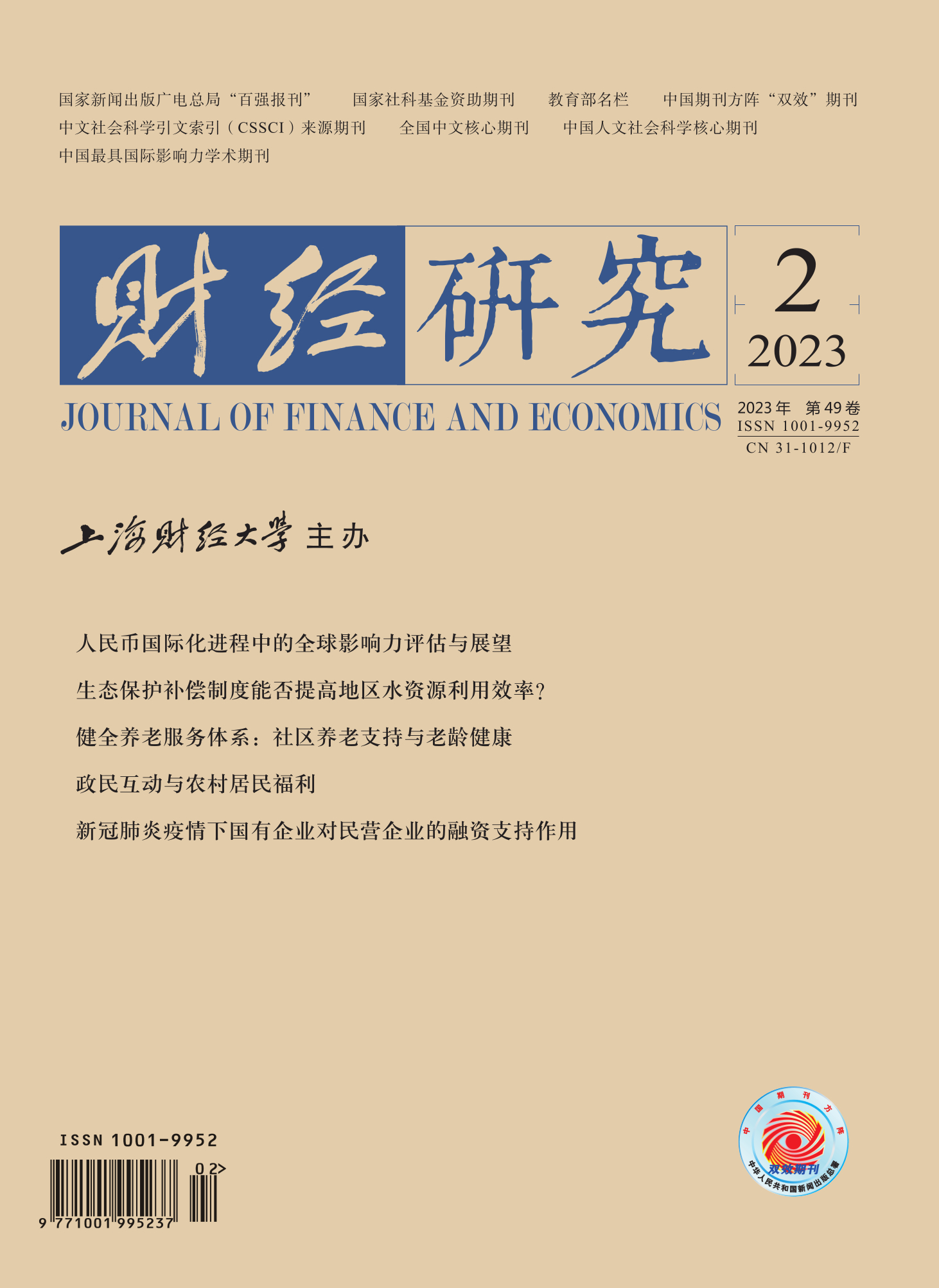At present, China is emphasizing the strategic goal of stabilizing the economy with high-quality development as the guide. High leverage has become an important factor affecting economic stability and exacerbating systemic risk. For this reason, the central government clearly put forward the task of “deleveraging” at the end of 2015. In the face of the regulatory requirements of internal and external leverage of enterprises, managers may reduce the book leverage ratio by manipulating leverage, which will cause users of the statements to make a misjudgment of the risks such as liabilities of enterprises. However, due to their profit-seeking nature, capital advantage and rich professional knowledge, institutional investors have the motivation and ability to govern corporate leverage manipulation, which is likely to identify and govern corporate leverage manipulation.
Based on the data of A-share non-financial listed companies from 2007 to 2020, this paper finds that the shareholdings of institutional investors can significantly reduce the degree of leverage manipulation of enterprises. The mechanism test shows that institutional investors restrain corporate leverage manipulation mainly by exerting the “capital injection effect” and the “supervision effect”. The heterogeneity test shows that after the deleveraging policy is implemented, in the sample group with stable institutional investors and state-owned shareholdings, institutional investors have a more significant inhibitory effect on corporate leverage manipulation. The expansibility test shows that institutional investors may restrict corporate leverage manipulation by appointing directors. At the same time, the shareholdings of institutional investors mainly inhibit the manipulation behavior of “nominal equity but actual debt” of enterprises.
This paper not only supplements and improves the definition of leverage manipulation used in the existing literature, but also deepens the cognition of the connotation of leverage manipulation and clarifies its neutral nature. Under the background of the current change from “apparent profit” to “apparent asset liability”, this paper broadens the research field of institutional investors’ participation in corporate governance and improving the quality of balance sheet accounting information, and verifies its mechanism. At the same time, different from the manipulative motivation concerned in the existing literature, this paper mainly explores the constraint mechanism of negative leverage manipulation. This will not only deepen the cognition of the management and investors on leverage manipulation, but also provide enlightenment for the government to guide institutional investors to play the role of supervision and governance, so as to serve the high-quality economic development.





 7280
7280  7926
7926

